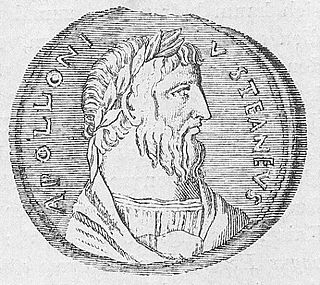A Quote by Marcus Tullius Cicero
Related Quotes
No one should judge that he has greater perfection because he performs great penances and gives himself in excess to the staying of the body than he who does less, inasmuch as neither virtue nor merit consists therein; for otherwise he would be an evil case, who for some legitimate reason was unable to do actual penance. Merit consists in the virtue of love alone, flavored with the light of true discretion without which the soul is worth nothing.
To think that practice and realization are not one is a heretical view. In the Buddha Dharma, practice and realization are identical. Because one's present practice is practice in realization, one's initial negotiating of the Way in itself is the whole of original realization. Thus, even while directed to practice, one is told not to anticipate a realization apart from practice, because practice points directly to original realization.
Souls that have lived in virtue are in general happy, and when separated from the irrational part of their nature, and made clean from all matter, have communion with the gods and join them in the governing of the whole world. Yet even if none of this happiness fell to their lot, virtue itself, and the joy and glory of virtue, and the life that is subject to no grief and no master are enough to make happy those who have set themselves to live according to virtue and have achieved it.









































